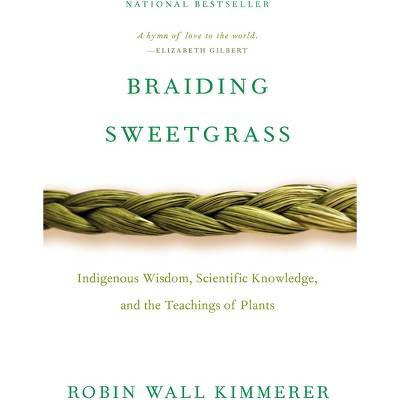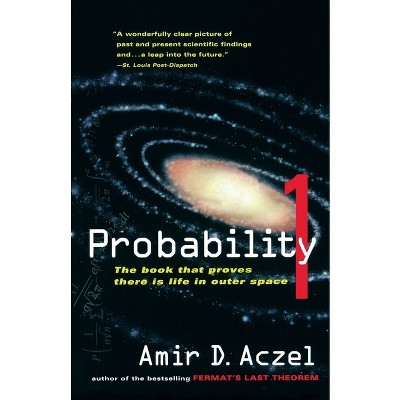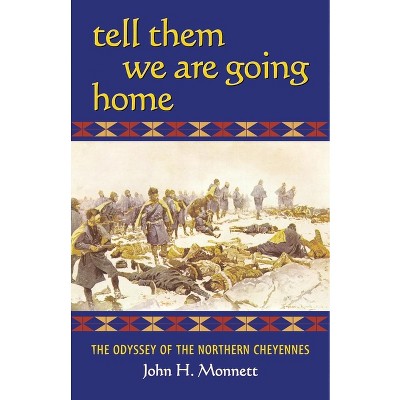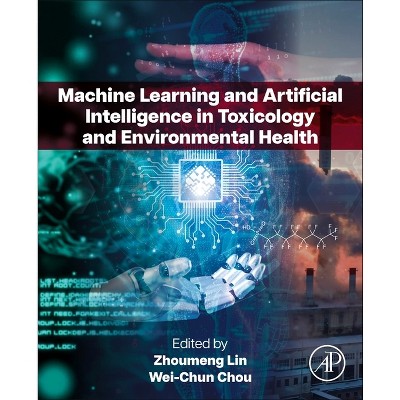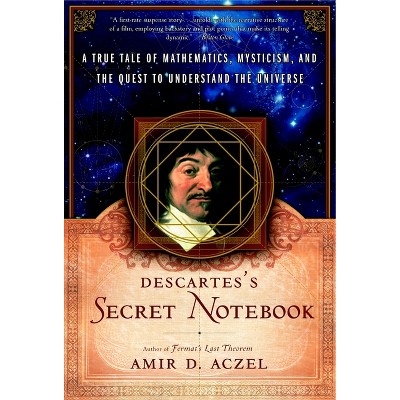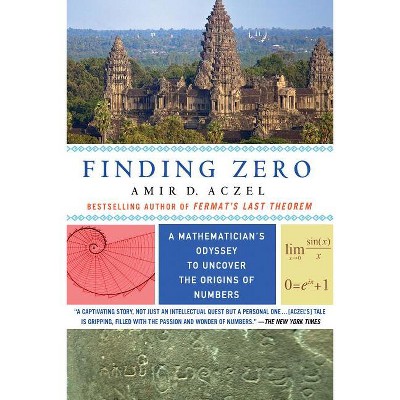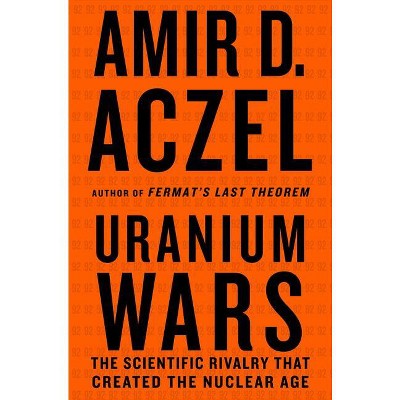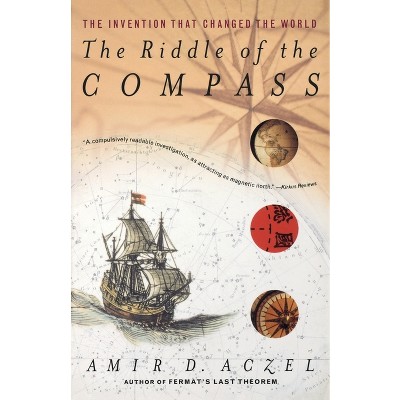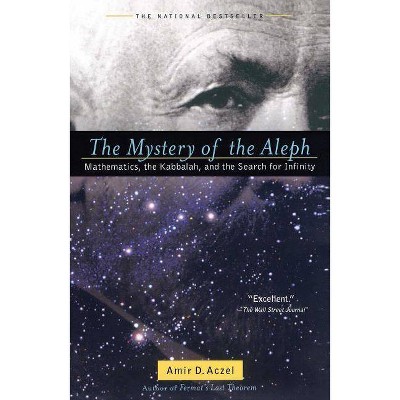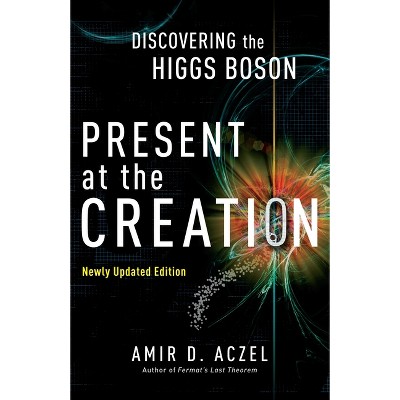Sponsored

God's Equation - by Amir D Aczel (Paperback)
In Stock
Sponsored
About this item
Highlights
- Are we on the verge of solving the riddle of creation using Einstein's "greatest blunder"?
- About the Author: Amir D. Aczel is the author of many research articles on mathematics, two textbooks, and nine nonfiction books, including the international bestseller Fermat's Last Theorem, which was nominated for a Los Angeles Times Book Award.
- 256 Pages
- Science, Cosmology
Description
About the Book
In 1998, evidence that the cosmos is expanding was found, and the most compelling theory to explain this phenomenon was Einstein's cosmological constant, a theory he conceived -- and rejected -- more than 80 years ago. Newly discovered letters of Einstein and interviews with prominent mathematicians, physicists, and astronomers guide readers into the mind of a genius.Book Synopsis
Are we on the verge of solving the riddle of creation using Einstein's "greatest blunder"? In a work that is at once lucid, exhilarating and profound, renowned mathematician Dr. Amir Aczel, critically acclaimed author of Fermat's Last Theorem, takes us into the heart of science's greatest mystery. In January 1998, astronomers found evidence that the cosmos is expanding at an ever-increasing rate. The way we perceive the universe was changed forever. The most compelling theory cosmologists could find to explain this phenomenon was Einstein's cosmological constant, a theory he conceived--and rejected---over eighty years ago. Drawing on newly discovered letters of Einstein--many translated here for the first time--years of research, and interviews with prominent mathematicians, cosmologists, physicists, and astronomers, Aczel takes us on a fascinating journey into "the strange geometry of space-time," and into the mind of a genius. Here the unthinkable becomes real: an infinite, ever-expanding, ever-accelerating universe whose only absolute is the speed of light. Awesome in scope, thrilling in detail, God's Equation is storytelling at its finest.From the Back Cover
ARE WE ON THE VERGE OF SOLVING THE RIDDLE OF CREATION USING EINSTEIN'S "GREATEST BLUNDER"?In a work that is at once lucid, exhilarating, and profound, renowned mathematician Dr. Amir Aczel, critically acclaimed author of Fermat's Last Theorem, takes us into the heart of science's greatest mystery. In January 1998, astronomers found evidence that the cosmos is expanding at an ever-increasing rate. The way we perceive the universe was changed forever. The most compelling theory cosmologists could find to explain this phenomenon was Einstein's cosmological constant, a theory he conceived -- and rejected -- over eighty years ago.
Drawing on newly discovered letters of Einstein -- many translated here for the first time -- years of research, and interviews with prominent mathematicians, cosmologists, physicists, and astronomers, Aczel takes us on a fascinating journey into "the strange geometry of space-time", and into the mind of a genius. Here the unthinkable becomes real: an infinite, ever-expanding, ever-accelerating universe whose only absolute is the speed of light. Awesome in scope, thrilling in detail, God's Equation is storytelling at its finest
Review Quotes
"[Einstein's] field equation remains the closest thing we have to a divine blueprint for the universe....Aczel gives a very readable account of the science and the scientists involved."
-- Kirkus Reviews "There is something startling on just about every page."
-- San Francisco Chronicle "It is a wonderful time to glance back over Einstein's path in developing the field equation...fortunately, we have a fabulous guide in Amir D. Aczel."
-- Discover
About the Author
Amir D. Aczel is the author of many research articles on mathematics, two textbooks, and nine nonfiction books, including the international bestseller Fermat's Last Theorem, which was nominated for a Los Angeles Times Book Award. Aczel has appeared on more than 30 television programs, including nationwide appearances on CNN, CNBC, and Nightline, and on more than 100 radio programs, including NPR's Weekend Edition and Morning Edition. Aczel is a Fellow of the John Simon Guggenheim Memorial Foundation.Shipping details
Return details
Frequently bought together
